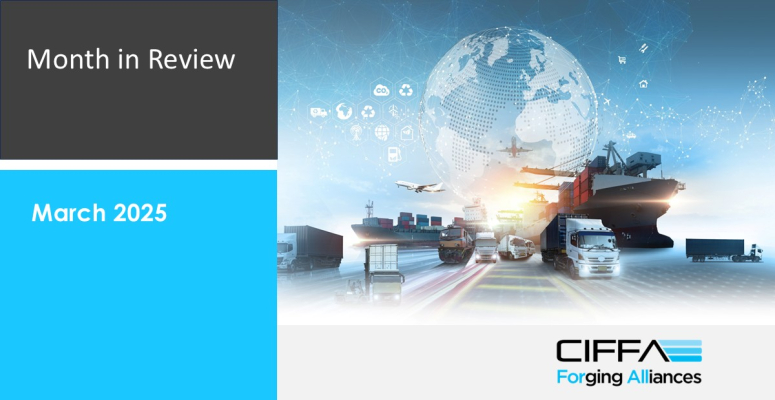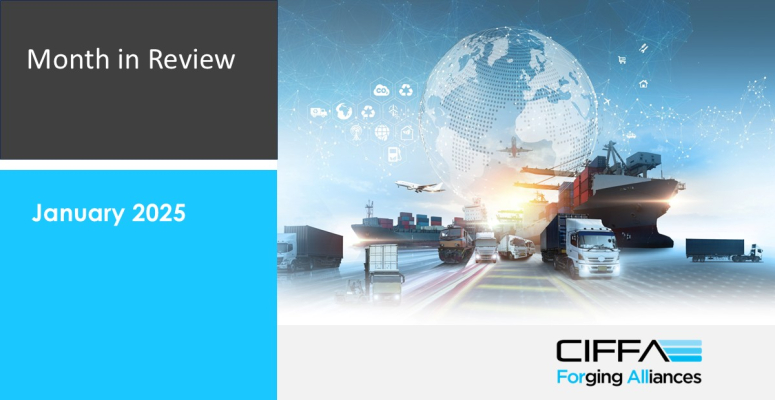
Navigating the Soft Skills Abyss: Critical Thinking’s Role in the Modern Workplace
In an era dominated by rapid technological advancements and automation, the value of soft skills and critical thinking in the workplace has never been more pronounced. Yet, a concerning trend persists – a deficiency in these essential attributes among employees. As global logistics organizations continue to emphasize knowledge in the complexities of importing and exporting, they risk neglecting the intangible qualities that are crucial for success in today’s complex and interconnected world.
The Soft Skills Shortfall:
Soft skills encompass a broad spectrum of personal attributes, including communication, teamwork, adaptability, and emotional intelligence. These traits are indispensable for fostering a collaborative and innovative work environment. However, as the emphasis on technical proficiency grows, the development of these soft skills has taken a backseat.
Many employees entering the workforce today are armed with impressive credentials, in particular College diploma’s and the CIFFA certificate in international freight forwarding, but often fall short in areas such as effective communication, conflict resolution, and empathetic leadership. This discrepancy poses a significant challenge for businesses striving to create a harmonious and productive work environment.
Critical Thinking: The Missing Puzzle Piece:
Critical thinking, often described as the ability to objectively analyze and evaluate information to make informed decisions, is another vital skill that has been overlooked. In an age of information overload, being able to discern credible shippers, ask on the fly questions related to hidden hazards, and form well-reasoned conclusions is more crucial than ever.
Without robust critical thinking skills, employees may fall prey to misinformation, make hasty judgments, or struggle to adapt to rapidly changing circumstances. This deficiency not only hinders individual growth but also undermines the overall effectiveness and resilience of an organization.
The Impact on Innovation and Problem-Solving:
Innovation thrives on diversity of thought, collaboration, and the ability to challenge the status quo. Soft skills, particularly communication and teamwork, play a pivotal role in facilitating this environment. When these skills are lacking, the potential for groundbreaking ideas and creative problem-solving is severely restricted.
Furthermore, without critical thinking, employees may find themselves stuck in conventional modes of thinking, unable to devise innovative solutions to complex challenges. In a world where adaptability is a cornerstone of success, this deficiency can be detrimental to organizational progress.
Addressing the Gap:
To bridge the soft skills and critical thinking gap, organizations must take proactive measures. This includes:
- Comprehensive Training Programs: Provide ongoing training and development opportunities that focus on enhancing soft skills and critical thinking abilities.
- Foster a Culture of Continuous Learning: Encourage employees to seek out new knowledge and perspectives and create an environment where curiosity and growth are valued.
- Promote Cross-Functional Collaboration: Encourage employees from different departments to work together on projects, fostering a diverse range of perspectives and skills.
- Recognize and Reward Soft Skills: Incorporate soft skills into performance evaluations and recognize employees who excel in areas such as communication, teamwork, and adaptability.
To address this gap, CIFFA offers an interactive online self-paced course called GRAD FORCE SKILLS that prepares the learner to meet these challenges head on. Register today.
Click here for a brochure on GRADFORCE, or here to watch a short video on how CIFFA can help.



